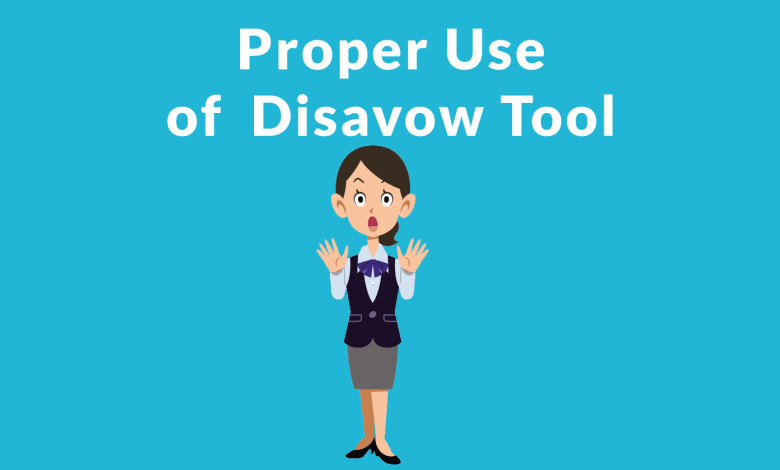
In a recent Webmaster Hangout, John Mueller advised against using the disavow tool unnecessarily. His comments seem to have sparked more inquiries, as he continues to clarify his stance in various discussions. In a tweet and a Reddit post, John Mueller emphasized that his earlier remarks in the video suggest using the disavow tool specifically for links you are directly responsible for creating.
John Mueller on Best Use of Disavow Tool
During a recent Reddit discussion on negative SEO, someone referenced the recent Webmaster Hangout where disavows were discussed. The Reddit user implied that John Mueller advocated using a disavow to eliminate harmful links.
A Reddit user stated:
“…recently John Muller from Google confirmed that bad links can in fact hurt your rankings in some cases…”
To this, John Mueller replied:
“This was specific to links that you’ve built yourself, not about negative SEO.”
This statement puts the previous hangout comments in context, indicating that John Mueller was addressing low-quality links under the SEO’s control.
He is not suggesting people report all links unless they are problematic. The advice about disavowing known spam links pertains mainly to sites that have been penalized.
John Mueller Clarifies Using Disavow for Random Links
In response to a tweet asking about the impact of numerous low-quality backlinks from directories, John Mueller responded:
“Random links collected over the years aren’t necessarily harmful. We’ve observed them for a long time and can ignore these outdated web-graffiti instances. Disavow links that were actually paid for or unnaturally placed, don’t stress over the unnecessary ones.”
This advice is clear and straightforward.
Two Key Points:
-
Use the disavow tool if your site has dropped in rankings, and you suspect links you are accountable for, such as paid links, are the cause. Based on experience, it can take a few months for difficult-to-detect paid links to lose influence, whereas obvious manipulated links can be identified within weeks.
- It’s not required to disavow random links you haven’t purposefully created.
Google Hides the Disavow Tool on Purpose
John Mueller revealed that Google intentionally makes the disavow tool less accessible because most people do not need to use it. This has been consistent since the tool’s inception.
In the Webmaster Hangout, Mueller noted:
- Most sites don’t need to use it.
- He wouldn’t seek out bad links to disavow, but if you know about problematic links, go ahead and disavow them.
Origin of the Disavow Tool
The disavow tool originated from the SEO community’s requests for a way to escape the Penguin penalty. Google was hesitant but eventually released it, with instructions that it should only be used for known links.
Google’s Consistent Guidance on the Disavow Tool
Google has consistently stated the tool is for links you know about because you’re responsible for them. According to John Mueller in the Webmaster Hangout:
“…the vast majority of sites with a normal mix of links don’t need to worry about this. This is why the disavow tool isn’t prominently featured in Search Console; it’s purposely hidden because most sites don’t need to focus on links."
"If you’re concerned, you can use the tool for known issues, but actively searching for potential harmful links isn’t necessary. If you’re aware and worried, go ahead and address them.”
This provides clear guidance on when to use the disavow tool.
More Resources
Images by Shutterstock, Modified by Author
Screenshots by Author, Modified by Author


